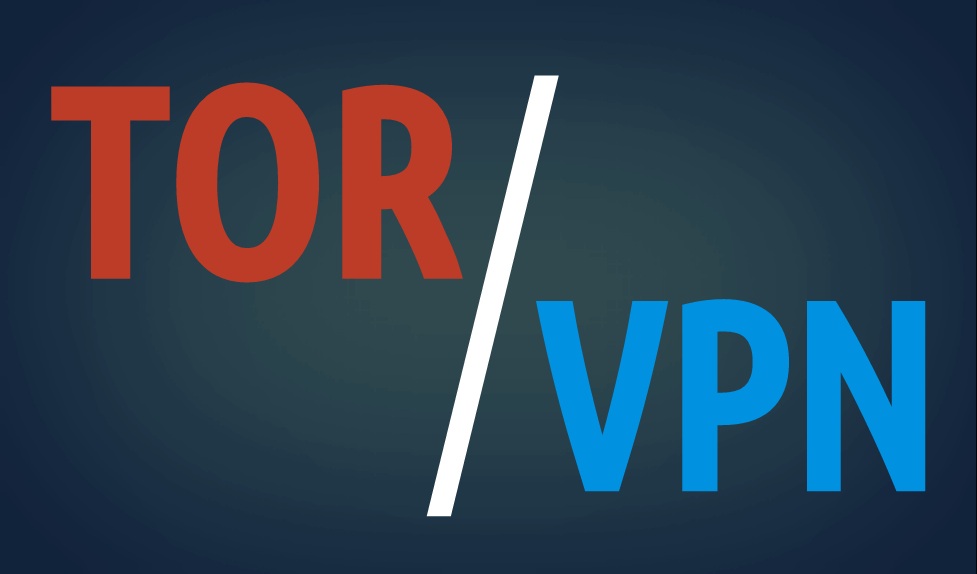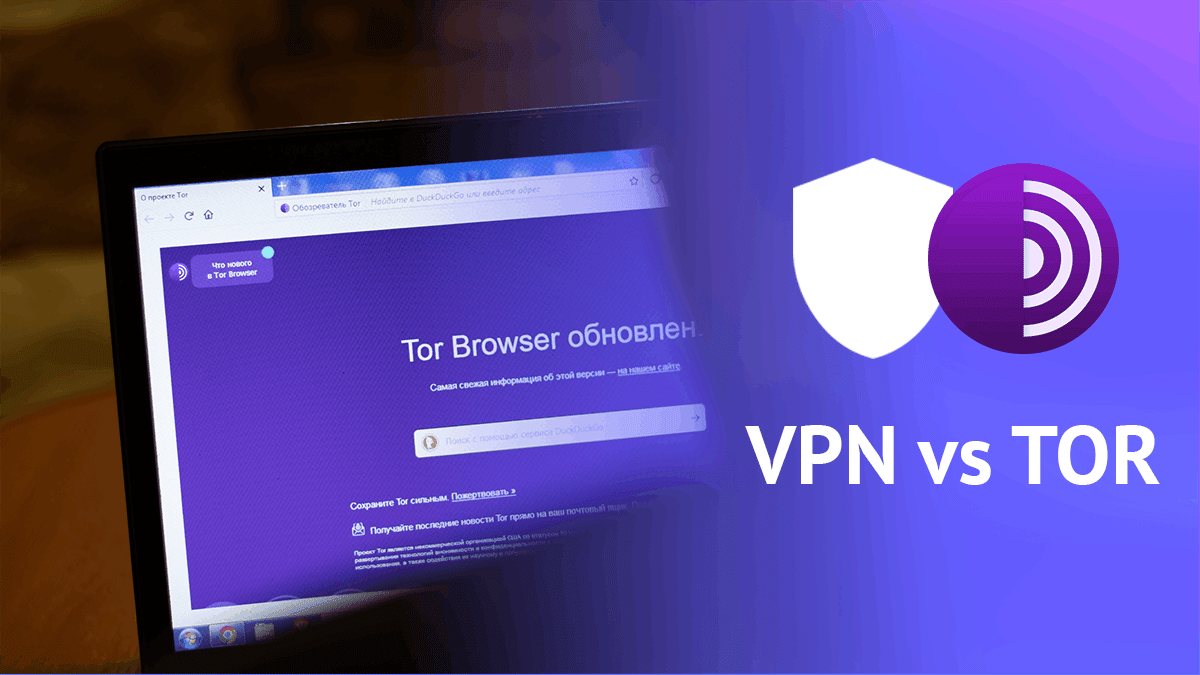Featured
Table of Contents
Tor Vs. Vpn: How To Decide Which Is Best For Your Online ...
In practice, Tor Web browser is complimentary, while VPNs are normally paid, which makes your choice easy? You should simply choose Tor and call it a day. Well,? Today, I desire to give you a complete contrast of Tor vs VPN and describe what they represent, their distinctions, use cases, and far more.
To begin off this Tor vs VPN comparison, I first require to describe what these tools represent. Giving you a clear definition of what they are and how they work will assist you comprehend their distinctions, so pay close attention. Beginning with Tor, this term is an abbreviation for "The Onion Router".
Nord, VPN It's essential to keep in mind that this is a tool for anonymity and not privacy I'll discuss why quickly. When it comes to Tor nodes, they're held and preserved by volunteers, so we're talking about a decentralized service, rather than a central service which is the case with a VPN.
The silver lining is privacy because nodes aren't operated by any specific companies, so you aren't risking storing and logging your surfing activity by that company. On the other hand, the security of each node depends on the person that's keeping it. A node can be jeopardized by a hacker, let's state, who will be able to trace your connection.
When To Use Tor Or A Vpn - Privadovpn
The entry node is more crucial since, when linking to Tor, your ISP can see that you did that through the entry node. That's why many individuals use a VPN with Tor to secure their connection and avoid the ISP from seeing their Tor usage. We'll speak about that later on in this Tor vs VPN post.

Its "The Onion Router" name comes from the truth that it peels the layers of file encryption likewise to the onion layers. Listed below, I explained how Tor works and the process of encrypting and decrypting your requests.
When you connect to the Tor network and you send a demand, you get triple encryption for each node. There's the entry node (often called the guard node), the middle node (or middle server), and the exit node. Tor sends your demand to the entry node, which gets rid of the very first layer of file encryption.
The entry node can't read the encrypted content of the request, so it still can't trace your activities inside the Tor network. The traffic is then sent to the middle node, which removes another layer of encryption and sends out the encrypted traffic to the exit node. Lastly, the exit node peels the final layer of encryption, which is why it can see the encrypted demand but it can't identify who is sending it since it can't see your IP address.
Tor Vs Vpn 2023 [Know Which One Is Best To Use]

If you're wanting to stay confidential online and you're considering utilizing Tor, I think it's excellent to know more about its benefits and downsides, so inspect them out listed below. The triple layer of encryption guarantees 100% privacy when using Tor Browser It's totally free and doesn't require any memberships It's a decentralized, open-source network with no monitoring and monitoring Tor Internet browser is capable of going on the dark web The entry node can read your IP address and make it visible to your ISP when utilizing Tor Slows down your web speed substantially due to sophisticated file encryption Nodes are operated by volunteers who might not do a fantastic job at making certain they're secure You can't pick an IP address from a particular country, so you can't bypass geo-blocks Tor Web browser doesn't deal with all platforms Wondering what are the differences in between Tor and VPN? Well, for the start, a VPN is a tool for personal privacy, which indicates it'll hide your identity and prevent anybody from seeing who you are.
VPN services use countless servers in various nations, so they enable you to link to any of them easily and get an IP from the nation you require. Then, each request you send out is routed through a VPN tunnel where it is sent out to a VPN server which decrypts it and connects you to the site you want.
, for example, while Tor encrypts only the part of the connection sent out through the Tor Internet browser.

With a single layer of file encryption, the VPN actually goes through less actions to protect your connection which has a huge advantage much quicker speeds and much better efficiency. They're really easy to utilize VPNs can be installed on every platform (Windows, i, OS, Linux, Android, mac, OS, routers,) You can choose an IP address from a specific nation, letting you bypass geo-restrictions There's a greater degree of accountability due to the fact that you know who owns the VPN servers VPNs are really fast and exceptional service providers provide 10 Gbps servers Advanced security features like a kill switch, ad blocker, and Multi, Hop Total privacy, thanks to sophisticated file encryption and the capability to conceal your original IP It's a paid service which can be an issue for budget-constricted users Some VPN services are understood for keeping logs (Hola VPN, Ninja, VPN, Betternet,) You should choose a reliable VPN that has a no-logs policy because you're handing over your privacy/anonymity to that business Now that you what Tor and VPN are, I feel the requirement to quickly summarize their distinctions simply to make sure you comprehend whatever well.
Latest Posts
Compare The Best Vpns For Work In 2023
Best Vpn Services Of 2023
The Best Warzone Vpn In 2023